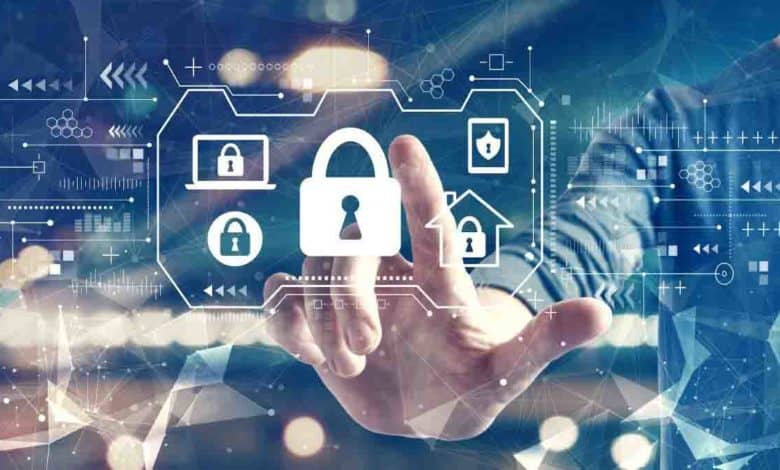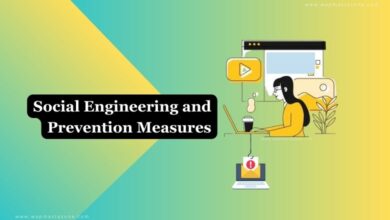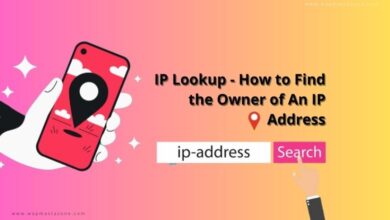
Either directly or indirectly, almost everything we do today requires the internet or is somehow connected to the world wide web and the internet seems to be growing too fast for most people to comprehend. There are risks involved with using the internet like virus attacks, malware, spyware, and data theft which have affected a lot of users.
It is best to use a good anti-virus and firewall of course, but sometimes the smaller things you ignore can keep you safe on the internet. how then do you ensure your Internet safety?
Also read: Internet Security Threats to Watch for
Suggested read: Social Engineering and Prevention Measures
How to Stay Safe On The Internet
1. Anti-Virus for your computer
Having a good Anti-virus installed on your computer or device is a must for keeping your device safe from all attacks, some of these do cost a lot but a relatively cheap one is to use ESETNOD 32 which is a lightweight but amazing anti-virus.
2. Password Protect
Make sure your passwords on all your websites/social networking sites and email accounts are different and not easy to guess. Use a lot of numbers, alphabets, and special characters to keep it safe from hackers.
3. Never believe everything online
You think you might have won $100000 in a random raffle but they need all your personal and bank details to send the prize money. This is probably a trap as when they do get your information they would ask for some money to release the prize money and you would never hear from them again if you did give some money.
Read also: 6 Ultimate Dangers of Using Free Public WiFi
Also Read: What Search Engine did People Use before Google?
4. Be careful of whom you add
This is not a popularity contest online, you shouldn’t add a lot of people on a social networking site as they not only can see all your information that you have provided but also can share and post any information or post you set up, so please be careful of whom you befriend on the internet.
5. Install a good pop-up Blocker
Many times when you click on a link on a website, numerous windows open up and it’s a pain closing them one by one. Often these windows are linked to harmful websites and opening them can cause issues, so install a good pop-up blocker that can avoid these hassles. Firefox has an add-on for this purpose as well.
Suggested read: Top 10 Tips on How to Identify Phishing Emails and Links
6. Too much security is bad
It is recommended never to have two or more anti-virus programs installed into your computer, even if you think it will provide you with more security it actually will affect how your device runs and slow your speed.
7. Privacy settings
Keep your privacy settings to the highest level possible on all websites and especially on your social networking sites
8. WiFi connections should be password protected
A no-brainer really, always keep your wifi locked with a password so that no one else can use the same. Also do not connect to unknown wifi networks as they can be more harmful than useful.
The best advice to keep you safe on the internet is to be careful about what you click, if it seems too good to be true, avoid it.
Also read: 12 Amazing Facts About Computer & Internet you Should Know



